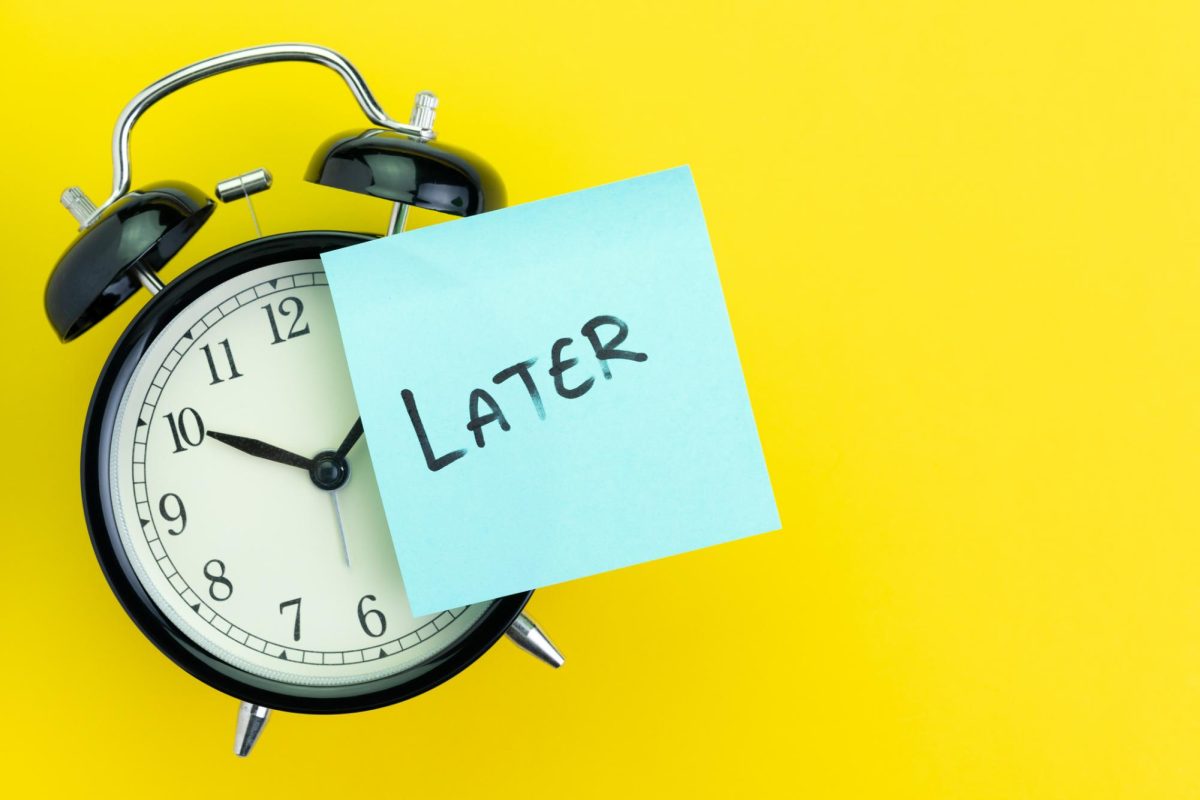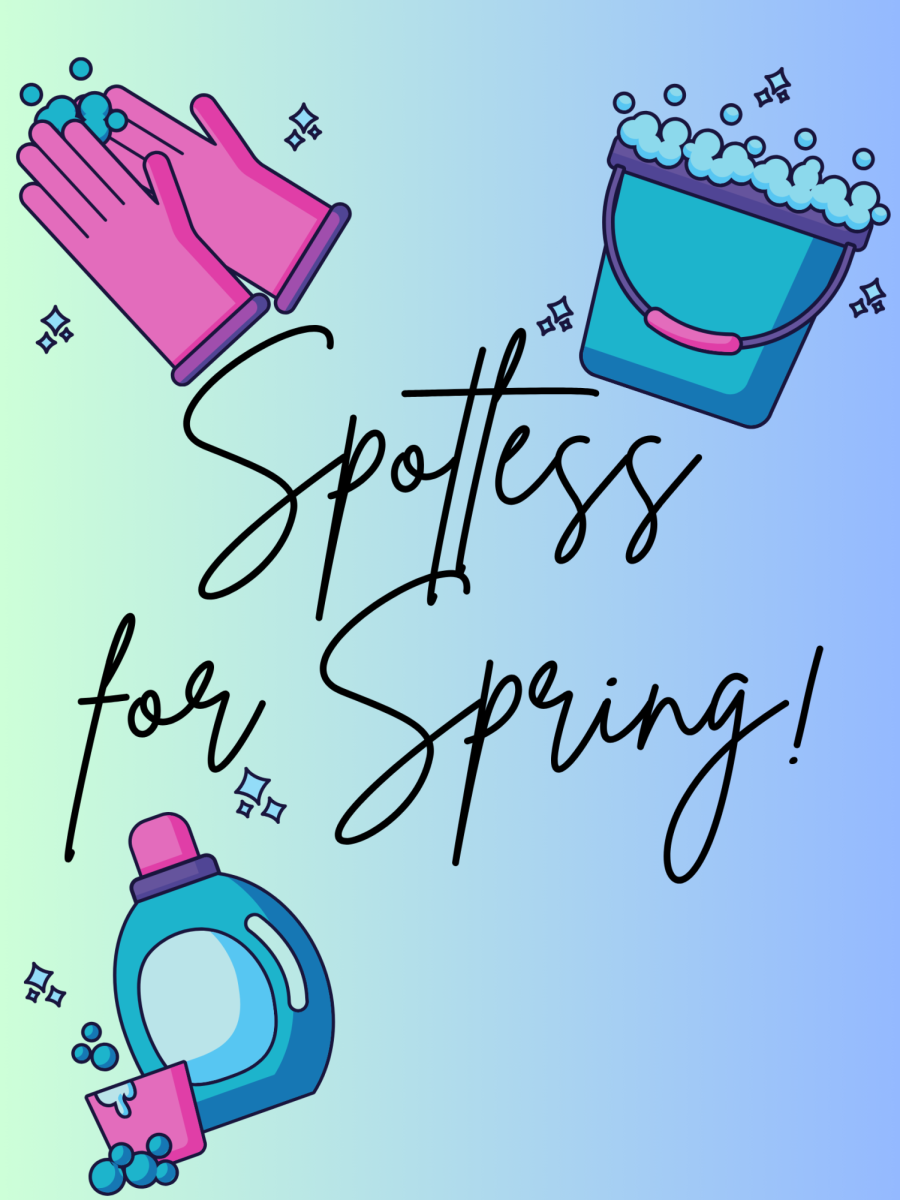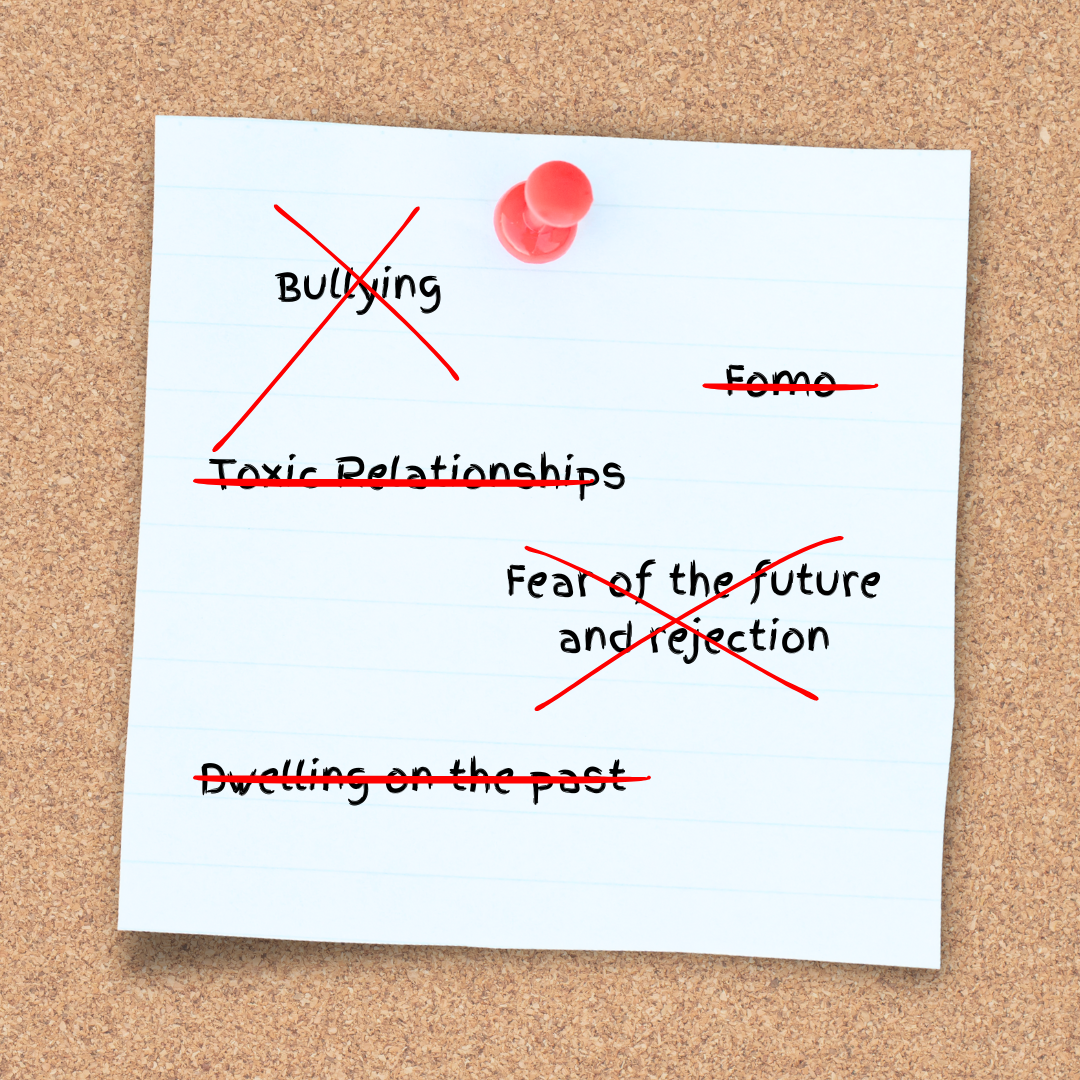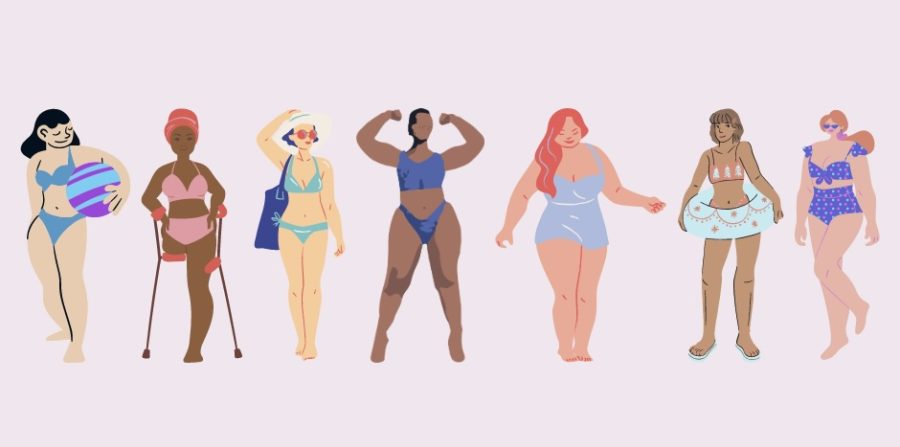Every Body is a Beach Body
Spring break: a time of fun, sunburns, beaches and lots of preparation. Hundreds of dollars are spent on clothes, swimsuits and beach houses in hopes of having the ideal spring break experience. In addition, the desire to be the image of perfection in a swimsuit sends many of us down a rabbit hole of bad habits.
According to Psych Central, it takes about 59 days to form a habit; that’s approximately two months, the ideal amount of time for many to get that perfect beach body. Unhealthy nutrition practices done in preparation for the best week of the year could become habits, resulting in an unhealthy lifestyle and poor self image all year round.
Juice cleanses, skipping meals, over-exercising, excessive diets and passing on the bread during Lord’s day are all common practices before beach trips. Sure, everyone wants to look good in their new swimsuits and outfits, but is the excessive unhealthy prep worth it?
Disordered eating habits have the potential to negatively affect your health down the long road.
Bulimia is an eating disorder characterized by regular, often secretive bouts of overeating followed by self-induced vomiting or purging, strict dieting, or extreme exercise, associated with persistent and excessive concern with body weight. The most common effects of constant vomiting are damage to the esophagus, intestines, and possible tooth decay or loss of teeth due to the constant passing of stomach acid through the intestines and mouth.
Anorexia is an eating disorder characterized by restriction of food intake leading to low body weight, typically accompanied by an intense fear of gaining weight and disturbed perception of body weight and image. Anorexia is the 3rd most common chronic mental disorder for teen girls. The long-term effects of anorexia are far more impactful than those of other eating disorders, including problems with fertility and reproductive health. The first apparent change is amenorrhea or the absence of periods. Down the line, women who struggled with anorexia in their teens also struggled with infertility, miscarriage, compromised fetal growth during pregnancy and delivering babies with lower birth weight.
There are several healthy alternatives to safely diet and exercise to achieve a healthy physique.
Healthy Alternatives
- Up your protein intake: Adding protein to your diet can help you lose weight and build muscle mass. Doctors recommend that the average woman should eat about 46 grams of protein daily. Fish, beans, white poultry (chicken and turkey) and tofu are all lean protein options you can add to your diet.
- Stay hydrated: The average adult should consume anywhere from 48-64 ounces of water every day. Fill up those Stanleys and get sipping.
- Cardio: When done in safe increments, cardio can help the body burn calories and build lean muscle mass. Cardio is also essential for heart health, making this type of exercise even more important.
- Planning your meals: Packing snacks in your lunchbox is not a proper meal. Meal planning for the week can be extremely beneficial. Packing a balanced meal is not only good for your body, it also supports brain health.
- Don’t skip breakfast: Gritty girls are busy girls. This is often an excuse for not eating before school. Breakfast does not have to be elaborate or take up lots of time to prepare. Even just grabbing a bar or a yogurt in the morning is a great way to start the day.
The bottom line is that unhealthy spring break prep is unnecessary. You are absolutely perfect just the way you are. Instead of normalizing diet culture we should normalize self-worth and love. Every body is a beach body.
If you or someone you know are struggling with an eating disorder, recovery is possible and help is out there. Feel free to explore the links below.<3
Resources
https://eatingdisordersanonymous.org/
https://www.helpguide.org/home-pages/eating-disorders.htm
https://www.nationaleatingdisorders.org/help-support/contact-helpline
Story Sources
www.eatingdisorderhope.com/long-term-effects-health#LongTerm-Effects-of-Anorexia-Nervosa
www.eatingrecoverycenter.com/conditions/eating-disorders#resources
journals.plos.org/plosone/article?id=10.1371/journal.pone.0181104

Hey Doves! My name is Haley Hebert and I am a senior here at SSA. This is my second year writing for The Nest. I am a member of the Saint Paul's Golden...






















































